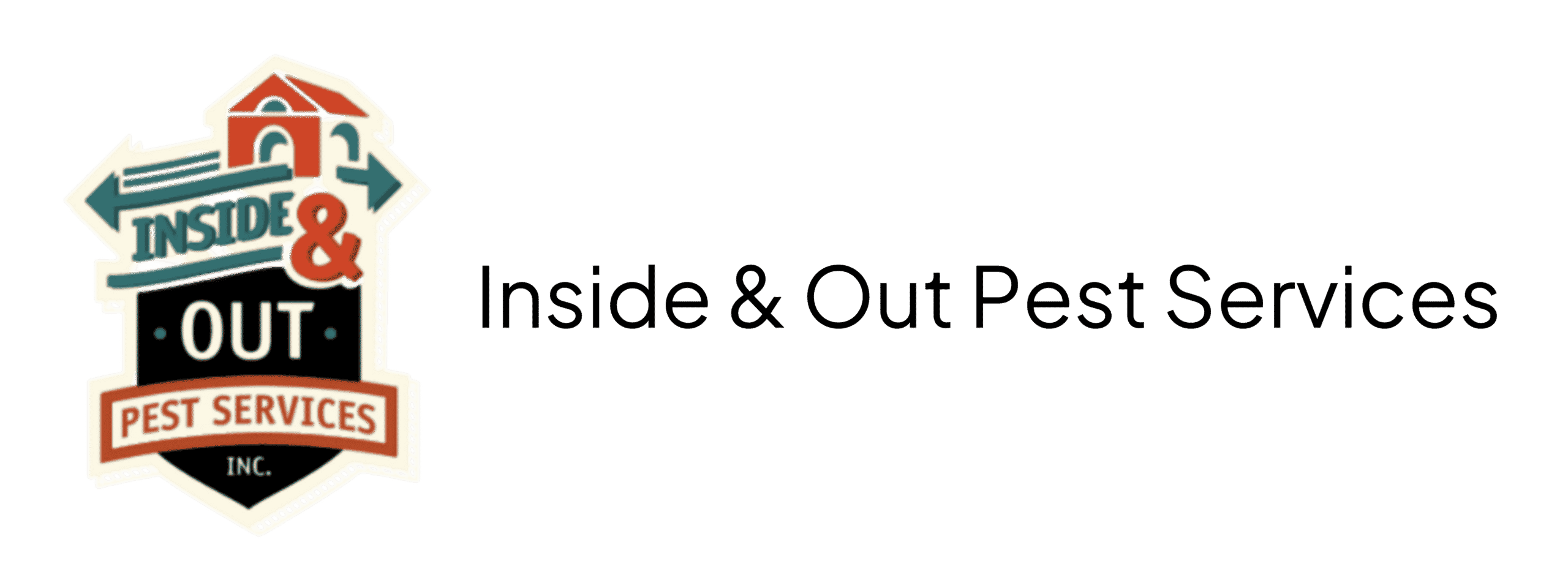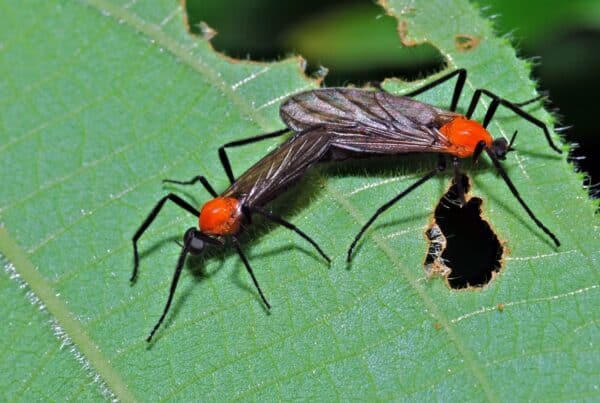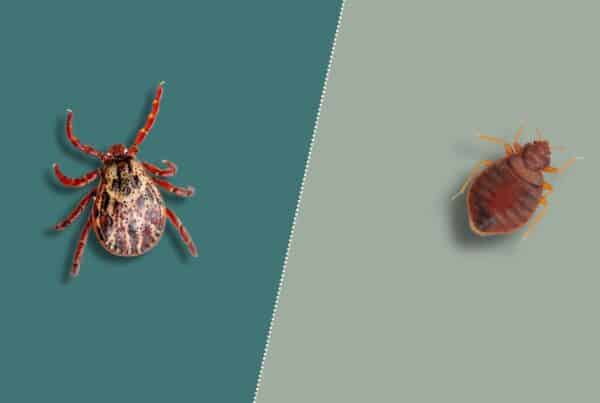You are not alone if you’ve wondered whether the ever-present mosquitoes buzzing around your backyard take time-outs to rest, or even sleep. The question opens up a seldom-explored aspect of mosquito life, beyond their role as guests who overstay their welcome at every outdoor gathering.
The sections below will analyze the habits of mosquitoes to clarify how these tiny but mighty creatures spend their downtime. As we learn the secrets of mosquito biology and behavior, you’ll also gain valuable insights to make your surroundings less inviting to them!
Getting to Know Mosquitoes
Starting with the basics, mosquitoes go through four life stages. Those are egg, larva, pupa, and adult, with adults taking to the air to find food. Since the earlier stages confine them to water, the adult stage is most relevant when discussing rest and activity.
Adult mosquitoes are primarily active at dawn and dusk, aligning their feeding times with cooler temperatures and lower light levels to evade predators.
Feeding Habits
Female mosquitoes need blood to develop their eggs, influencing their rest patterns. After feeding, females often take a break to digest the meal and nurture their eggs. This resting phase is vital for their reproduction cycle and provides a clue to their resting behavior.
Environmental Factors
The environment plays a critical role in mosquito activity. Being cold-blooded, mosquitoes rely on the ambient temperature to stay active. Extreme weather conditions, be it hot or cold, can force mosquitoes into hiding, seeking conditions conducive to survival.

Do Mosquitoes Sleep?
Unlike humans, mosquitoes don’t have eyelids or the capability to enter a state of sleep involving complex brain patterns. However, they do experience periods of rest and inactivity that parallel the concept of sleep.
Rest vs. Sleep
These insects exhibit an occasional resting phase, especially after feeding and during extreme temperatures. During these times, mosquitoes significantly reduce their activity, seeking shelter in dark, cool places. This state of rest is crucial for their survival, allowing them to conserve energy for their next activity burst— feeding, mating, or laying eggs.
How Does it Work?
Mosquitoes find solace in the shadows during the day, often under leaves or in grassy areas, to escape the heat. At night, they retreat to calm, protected environments, especially when it’s not peak feeding time. This indicates a pattern of rest that aligns with the cooler, quieter parts of the day and night. That tendency suggests a natural rhythm to their activity levels.
Like many other insects and animals, mosquitoes are thought to have a circadian rhythm—a biological clock that dictates their patterns of rest and activity. While this doesn’t equate to sleep in the human sense, it underscores a physiological need for periods of downtime, which is as close to sleep as mosquitoes get.
Leveraging Mosquito Schedules
Understanding when and where mosquitoes rest can significantly enhance our efforts to reduce their presence in our living spaces.
For instance, mosquitoes seek out dark, humid environments to rest during the day, such as under foliage, inside sheds, or beneath decks. Consequently, managing these areas—trimming vegetation, sealing sheds and garages, and using outdoor fans — disrupts their rest habitats, making our spaces less inviting.
Rest and Feeding Cycle
As we’ve covered, mosquitoes enter a crucial rest phase for digestion and egg development after feeding. This period is a golden window of opportunity. Implementing traps or repellents in known resting areas can intercept mosquitoes before they get back to their regular activity.
Leveraging the Cool Hours
Additionally, mosquitoes prefer resting in cooler, shaded areas during the hottest parts of the day and become more active during dusk and dawn. Planning outdoor activities outside peak times or enhancing protection during these hours can mitigate encounters, leveraging their natural rest patterns to our advantage.
Rest Disruption as a Strategy
Finally, certain environmental modifications can disrupt mosquito rest. Things like oscillating fans, which mosquitoes find difficult to navigate against, or mosquito-repellent plants around resting areas, can add an effective layer to mosquito control strategies.

Other Recommended Maintenance
To keep mosquitoes at bay, consider integrating these targeted actions in addition to the measures we’ve already discussed:
- Water Management – Regularly drain sources of standing water, such as plant saucers and bird baths, to thwart mosquito breeding grounds.
- Lighting Choices – Switch outdoor lighting to LED or yellow bug lights to reduce attraction for mosquitoes, creating a less welcoming environment.
- Garden Repellents – Incorporate mosquito-repelling plants like lavender and citronella around your living areas for a natural deterrent effect.
- Natural Predators – Attract natural mosquito predators like bats and dragonflies by setting up bat houses and maintaining water features.
When to Call a Professional
Despite your best efforts, there may be times when the mosquito situation in your space escalates beyond manageable. Signs of an Infestation can include:
- Unusual Activity: An increase in mosquito activity, especially during daytime hours, can indicate a breeding site nearby.
- Bite Frequency: If mosquito bites become more frequent, particularly in areas you’ve treated, it might be time for professional intervention.
- Standing Water: Persistent standing water, despite attempts at removal or treatment, can be a sign of deeper issues that require professional attention.
Professionals bring expertise and access to more potent treatments unavailable to the general public. They can identify and eliminate breeding grounds, apply long-lasting repellents, and offer customized solutions based on your specific situation and local mosquito species.
Conclusion
Mosquito behavior, including resting habits, is key to keeping them at bay. Sneaking in some smart landscaping, innovative lighting, and other preventatives during their downtime can make a big difference.
It’s also important to know when professional help might be needed. For guidance on the mosquito population around your home or to schedule preventative control ahead of time, call Inside and Out Pest Services in Jacksonville, FL, and surrounding areas.



